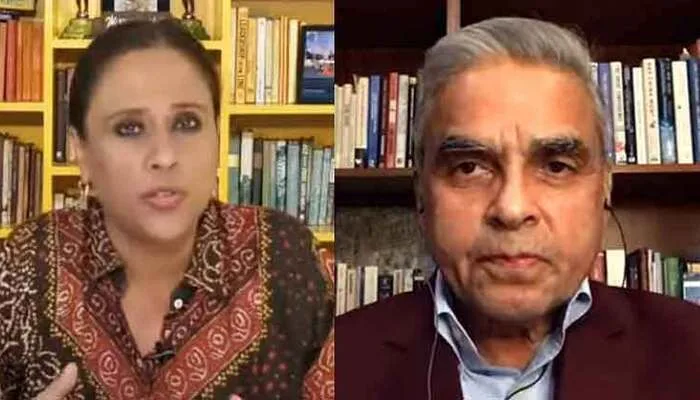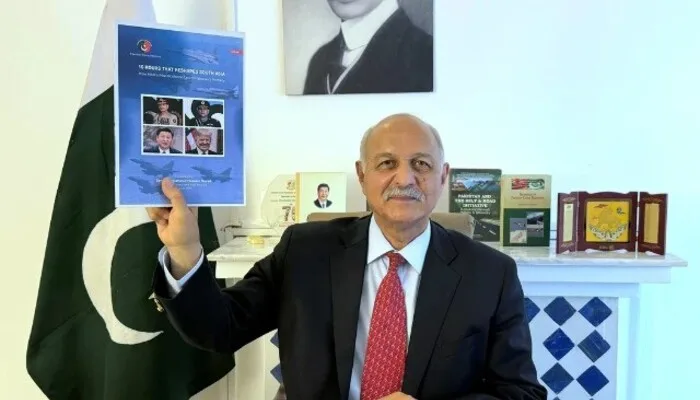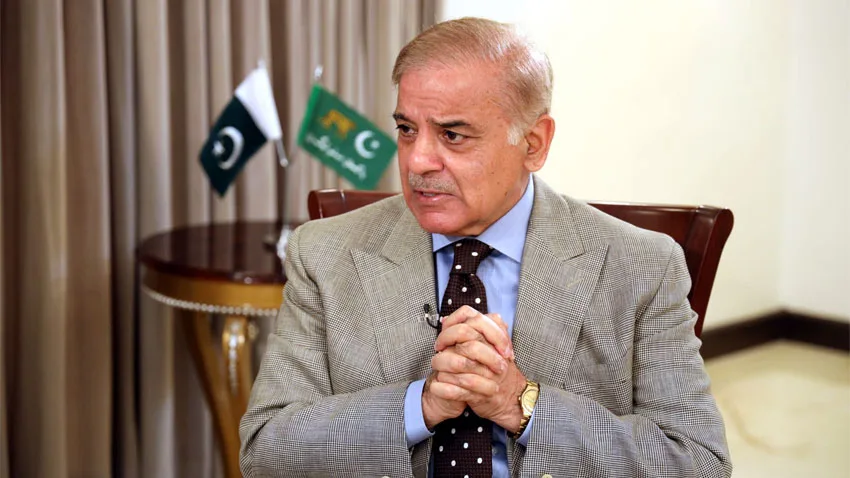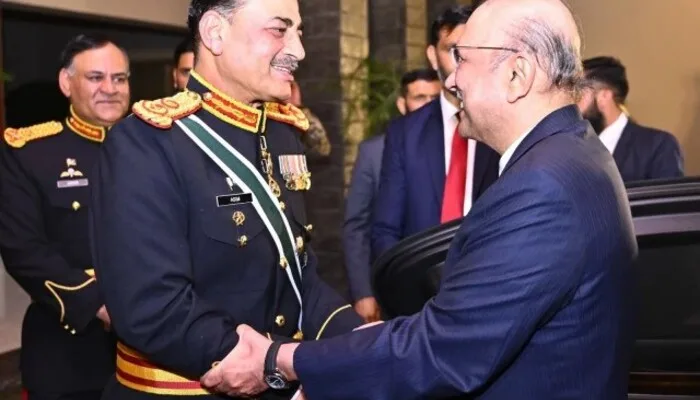
India’s recent efforts to portray Pakistan as a Chinese proxy have failed to gain international traction. The claim, rooted in ongoing tensions and India’s portrayal of a two-front threat, is now being challenged by global experts who see the Pakistan-China relationship as a strategic geopolitical alignment, not subservience.
Indian Narrative Questioned
Indian media and commentators have consistently described Pakistan as a vassal state advancing China’s interests, especially in the context of Kashmir and the China-Pakistan Economic Corridor (CPEC).
Singaporean Diplomat Offers Rebuttal
However, Kishore Mahbubani, a respected diplomat from Singapore, dismissed this narrative. He argued that viewing the Pakistan-China relationship solely through an Indian lens ignores broader strategic dynamics. If Pakistan were truly a client state of China, he reasoned, it would not need financial assistance from the International Monetary Fund (IMF). The relationship, he said, stems from shared regional interests—not dependency.
Read: Modi’s Misstep Gave Pakistan Strategic Edge, Says PCI Report
Mahbubani urged India to move beyond historical grievances and take cues from global diplomacy. He highlighted examples like the United States partnering with communist China and Vietnam’s continued trade with Beijing, despite territorial disputes.
India’s Strategy Under Scrutiny
Defense analysts suggest India’s labeling of Pakistan as a Chinese puppet is more about domestic perception than global reality.
Changing Regional Dynamics
Experts emphasize that strategic partnerships are often rooted in mutual benefit rather than ideological alignment. In today’s world, rival nations often engage in cooperation to bolster their positions—something India itself has done with powerful Western allies.
Follow us on Google News, Instagram, YouTube, Facebook,Whats App, and TikTok for latest updates












